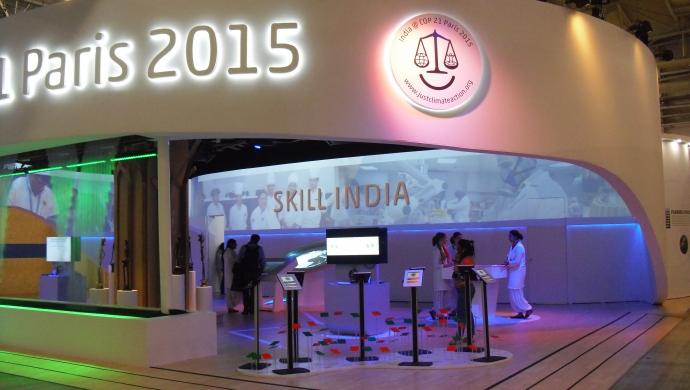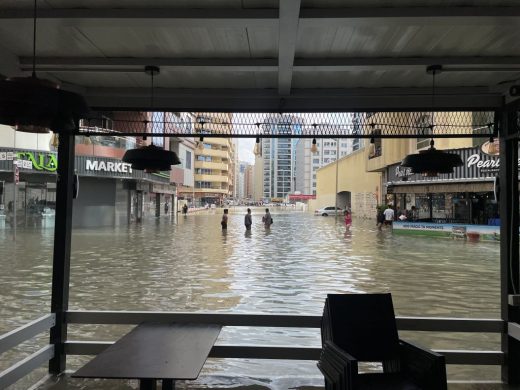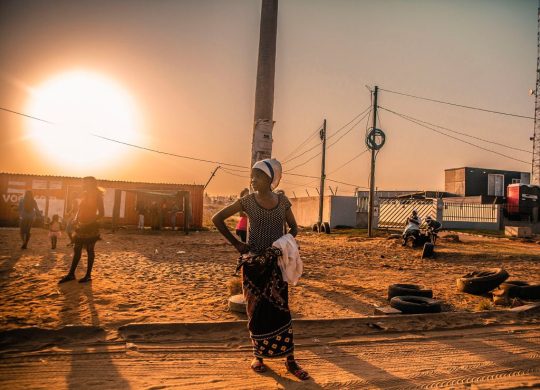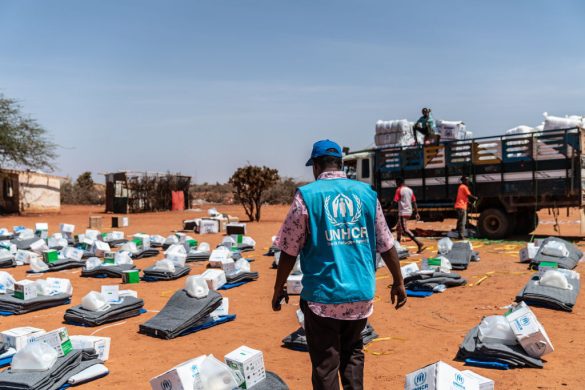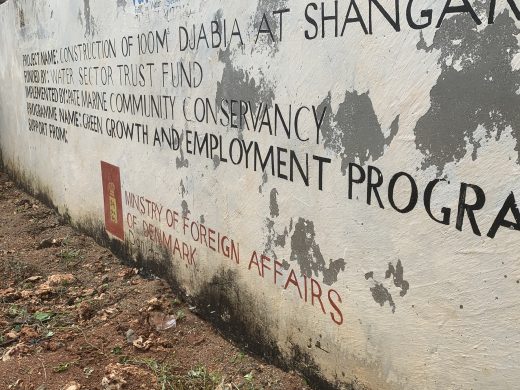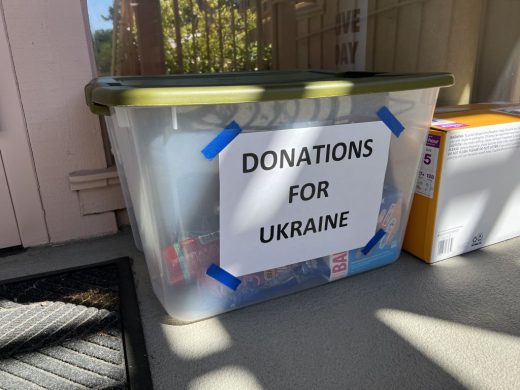The Business and Climate Summit 2017 in New Delhi, India has brought together business and government leaders from India and around the world with a spirit of learning and collaboration to tackle climate change.
The positive atmosphere of the event was tempered by the ongoing impact of floods across South Asia, as noted by Patricia Espinosa, Executive Secretary of the UN Framework Convention on Climate Change.
“Right now, in Mumbai, Bangladesh and China, we see massive human and economic losses due to flooding. Many lives have been lost due to unprecedented extreme weather events,” she said.
"India will never let you down"
However, the resounding support for climate action from India’s government representatives at the event ensured the conference was focused on driving momentum towards emission reduction goals.
“I assure you that India will never let you down on the issue of climate change as this is a part of our DNA,” Shri Harsh Vardhan, Minister for Environment, Forest and Climate Change, Government of India said.
Commitments of developed world
Vardhan also reminded the developed world of its commitment to the developing countries such as India ahead of the COP23.
“It is, however, also critical that equal focus is given to pre-2020 action by developed countries under the Kyoto Protocol. They must fulfil their commitments of providing effective finance, technology, transfer and capacity building support to developing countries,” the Minister said.
Espinosa echoed the sentiment, encouraging developed nations to back developing nations in achieving ambitious climate goals.
“All countries need to support countries like India in open access and to finance technology and building capacity for action as soon as possible,” she said.
In terms of India’s progress towards its renewable targets under its Nationally Determined Contributions (NDCs), Vardhan pointed out that more than 58 GW of installed capacity has already been achieved, towards its goal of 175 GW by 2022.
“India is also planning to establish a voluntary carbon market with the World Bank’s assistance to focus on uncovered areas,” Vardhan added.
To underline the strength of progress, Espinosa pointed out that India was the second most attractive country for renewable energy investment thanks to its ambitious targets plus policy certainty.
Læs mere om arrangementet i nedenstående link

